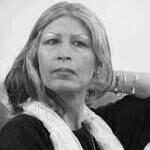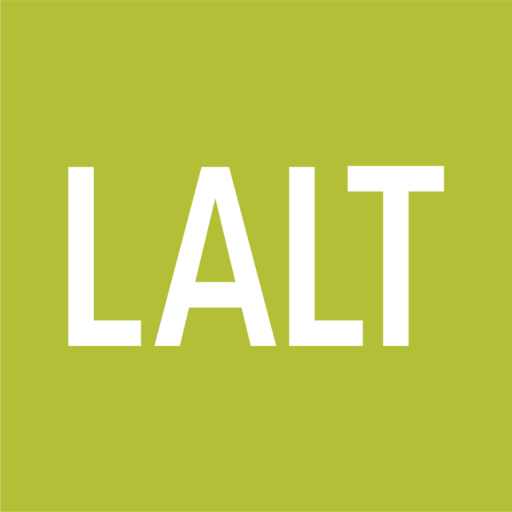Editor’s Note: These poemas are from Lo que trae el relámpago: Dos libros póstumos (Caracas: Fundación La Poeteca, 2021), which contains the verse collections Cada noche su camino (1996-1997) and El extremado amor (2002-2003) by Esdras Parra.
Five poems from Cada noche su camino (1996-1997)
*
On my long blind walk
all I found were these sea stones.
*
I don’t lament those memories without a history, the homicides
perpetrated in the name of tenderness. Today the fire marks me
as if it were a part of the torturer’s steel. There’s no doubt
the cold also tears me into shreds. And the climates that come to die
on the islands contribute to my growing desperation, a small
recently cut darkness, hole where the stone lay. Through those swamps
my blood runs freely and prepares its departure.
*
I no longer know where this heat is walking
the entire ocean resounds at my door
what can the angels do without the wind
these sleepless trees I lift into the air
over this chunk of mountain beyond the sea.
*
In the clarity evoked by abundance
in the light advancing toward the forests
in that whiteness of the earth within arriving
at your hands
in the autumn that never returns
in those ideas, in those mountains that abandon the moon
in those rivers that cry for the wind
here, amid the thorns, in the vibrant metal
on this naked route, in this empty room.
*
The wind that blows today navigates against the
current and against its own free will
I have kept this shield of thorns in
the tide facing the tall vegetables
and the broken crosses
I don’t know if this road that surrounds me will keep
biting the dust or if the earth will finally
defend the corn
I gripped life by the handle
with the blade held up straight.
Five poems from El extremado amor (2002-2003)
*
You who have been orphaned
amidst the dejection of saying goodbye
seek out, half asleep still, the herbs that cure you
of birth and old age
and without a blink of an eye meant to send
the message
without any of those storms raging in the heart
with barely those fruits nostalgia offered
you slide your hand over a wound
still open
and recall the errant nights, full of life
the powerful afterglows, moderately strange
and those ships departing to never return.
*
Is it possible to love goodbyes?
maybe
in innocence or orphanhood
since goodbyes always pursue us
night and day
and we’re always passing through this orchard
accumulating harvests and viands in the hell
we later abandon at the edge of our
uncertain dark limit.
We hurt ourselves in pain bleeding alone.
Because there’s no tenderness in autumn, no
limpid days to bring home
no favorable return for late encounters.
*
Here we have the steep mountains in their inalterable heights.
They no longer adjust their steps to the march of time
nor do they resuscitate toward the look of love
they rise like castles in solitude and cold
and don’t act or even worry about or reveal their secrets
to the birds, to the wind that keeps them alive
nor do they ever become wandering stars.
Though that ambition too is their desire.
*
We must let the forests find their own path
along the ancient stones
where they hide their face
meditate on things in their rush
they finished early
the many birds, the somber winds
the waters thirsty for unfaithful rains that
soaked their trunks creating in their measure
their brusqueness, and inadvertently, a miraculous garden
where they can keep living a simple life.
*
For you and me time and the hourglass do not exist
nor does the immense habit of being, or the
auguries in the deserted grotto. But we do read
some intangible memories beneath the trees that arrived
by mistake, or on the stones that never
listen to its silence. And there are many of us who cross
the naked cold within the impenetrable walls of fog
and adjust the windows so they might confront
our fate. That is why time is like a
precious stone shining among empty lecterns.
Translated by Guillermo Parra



